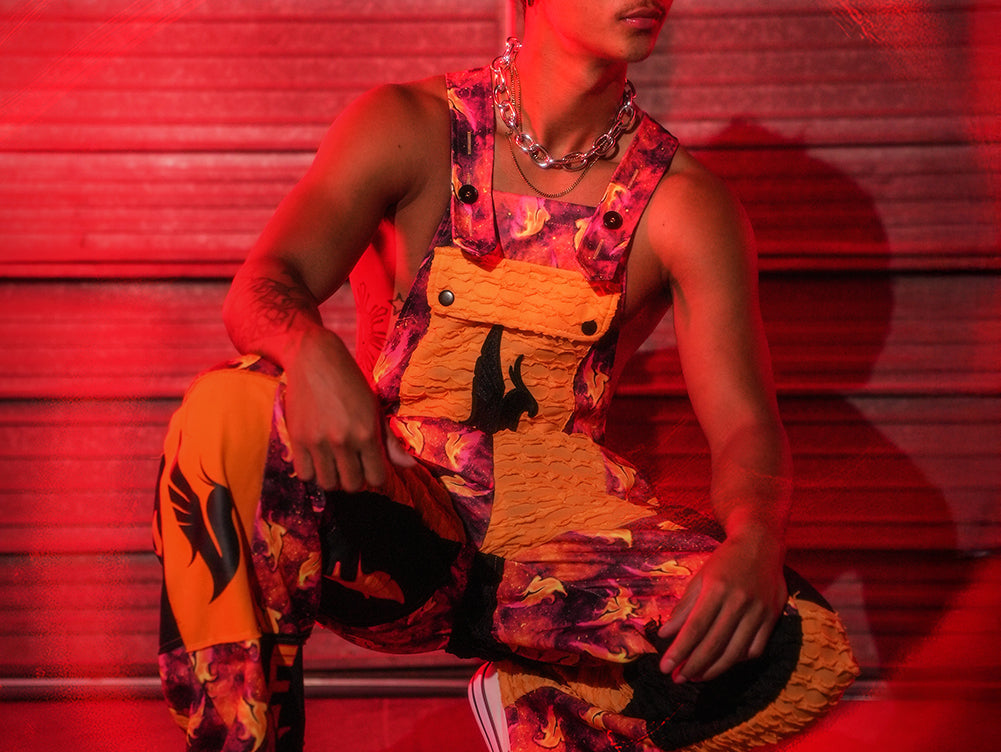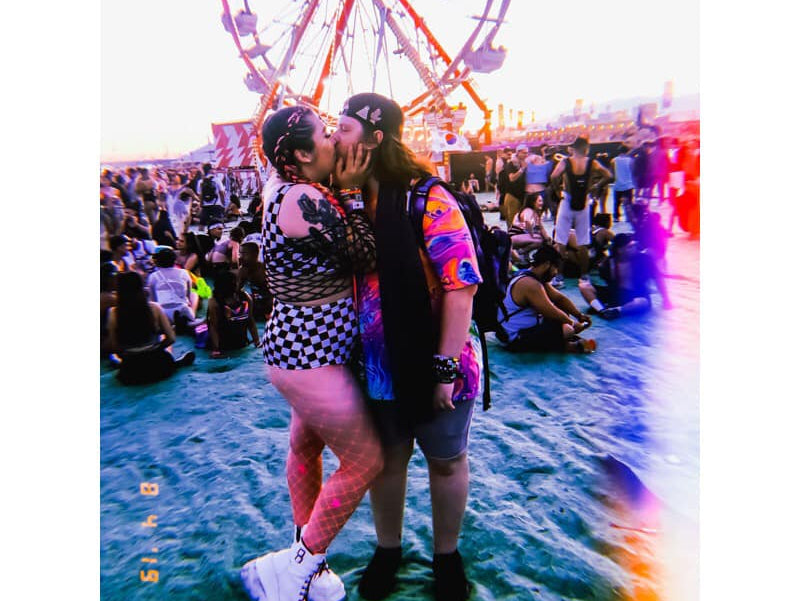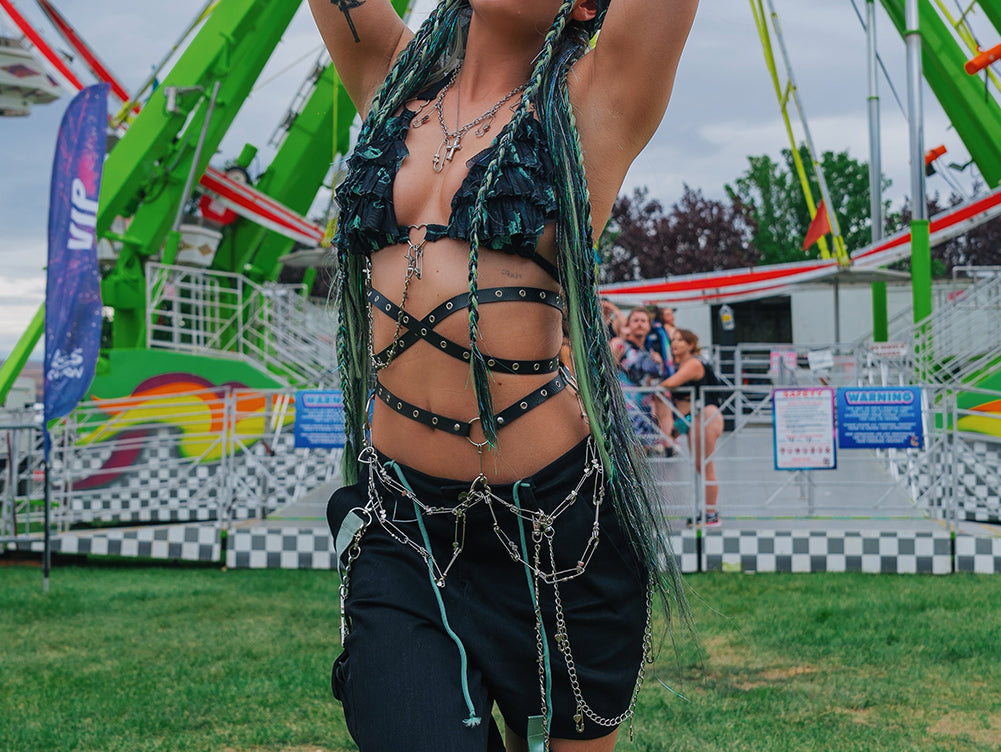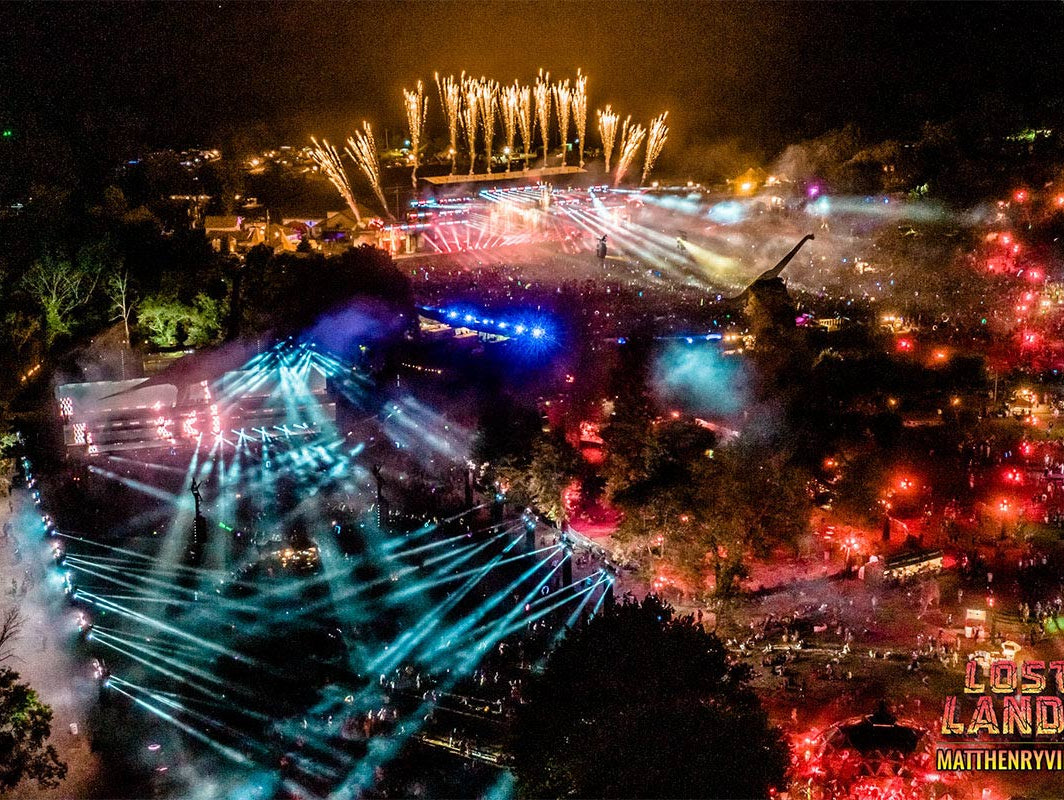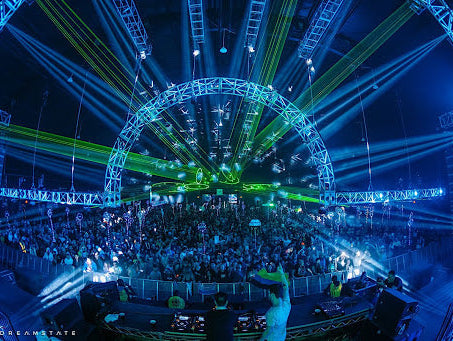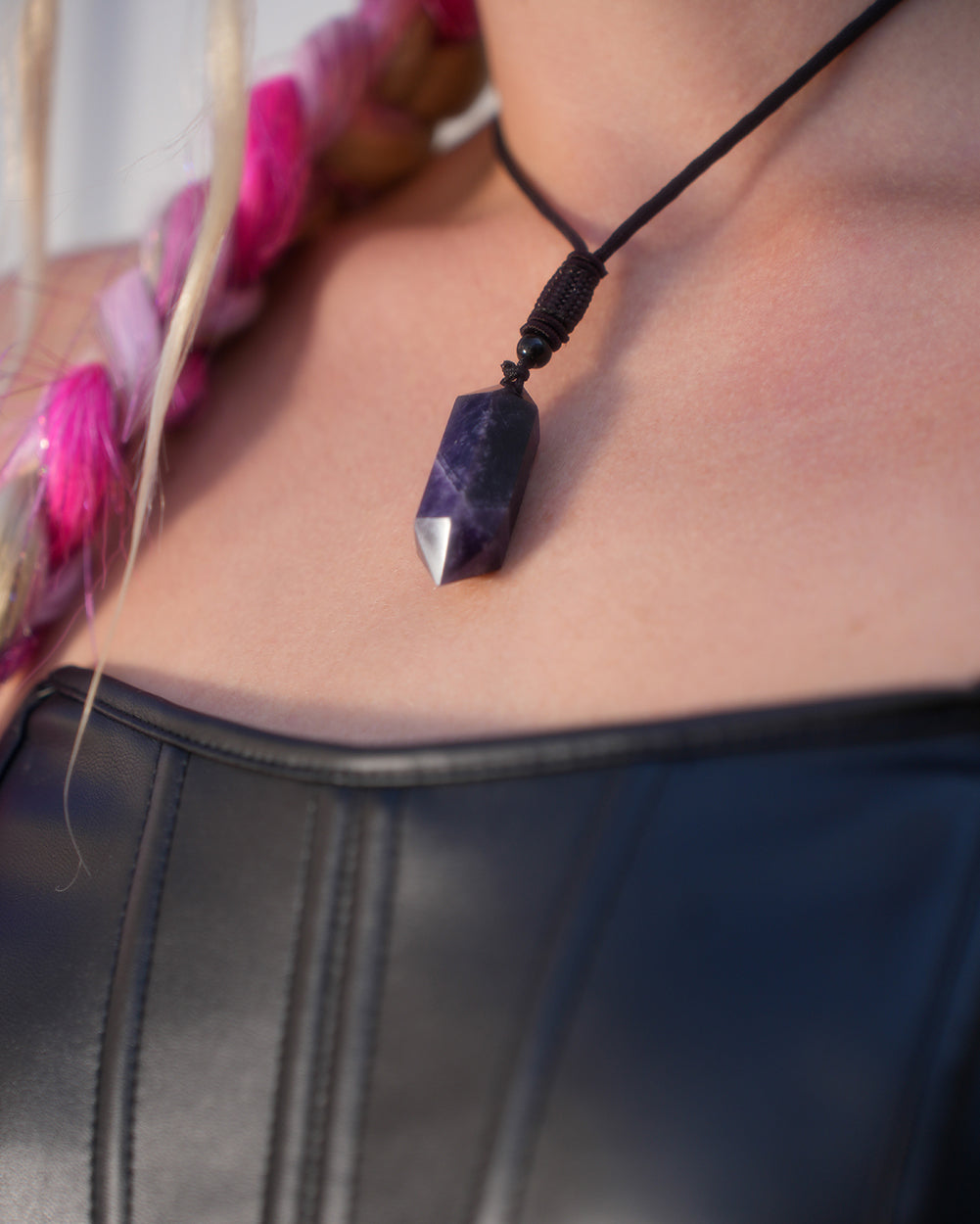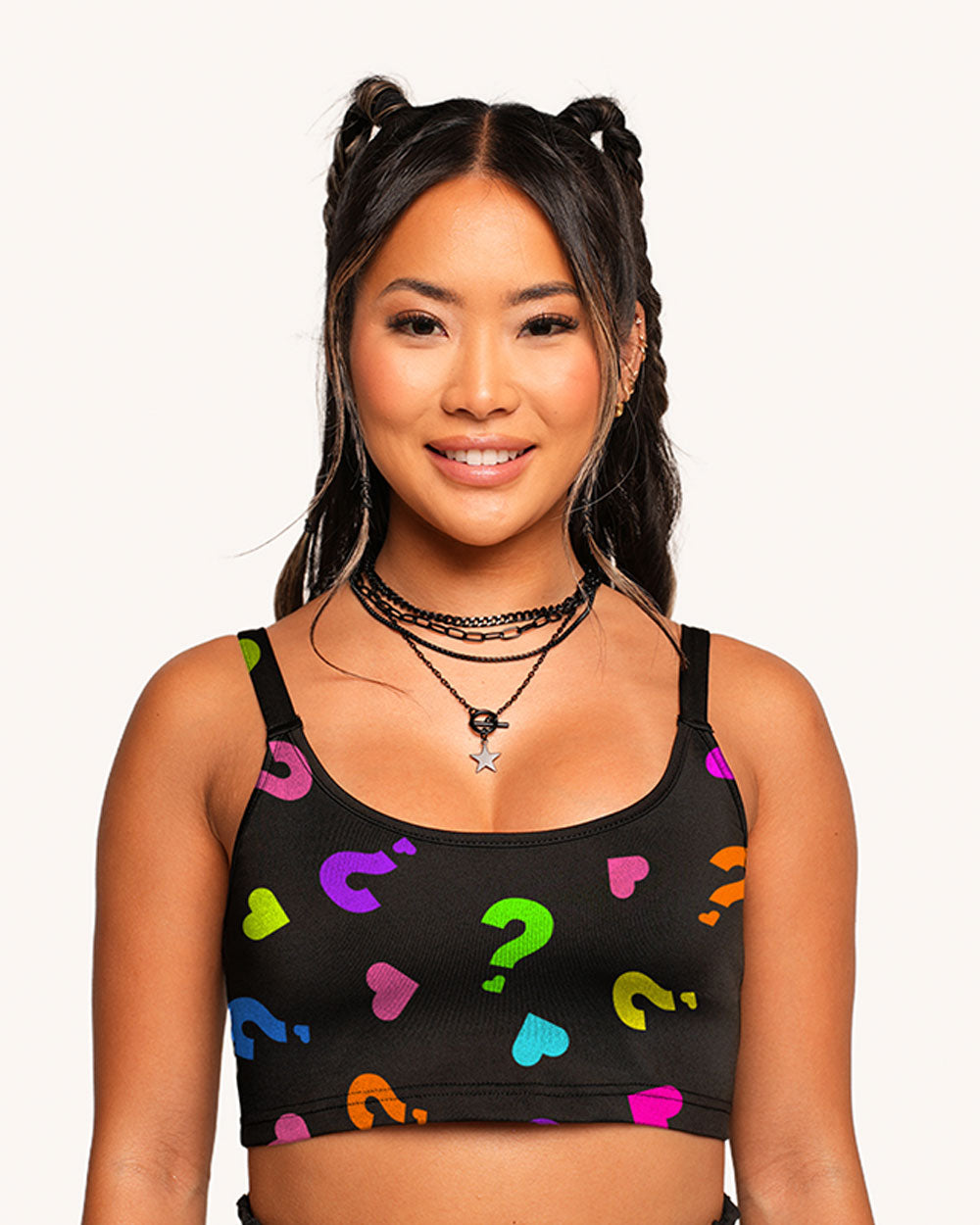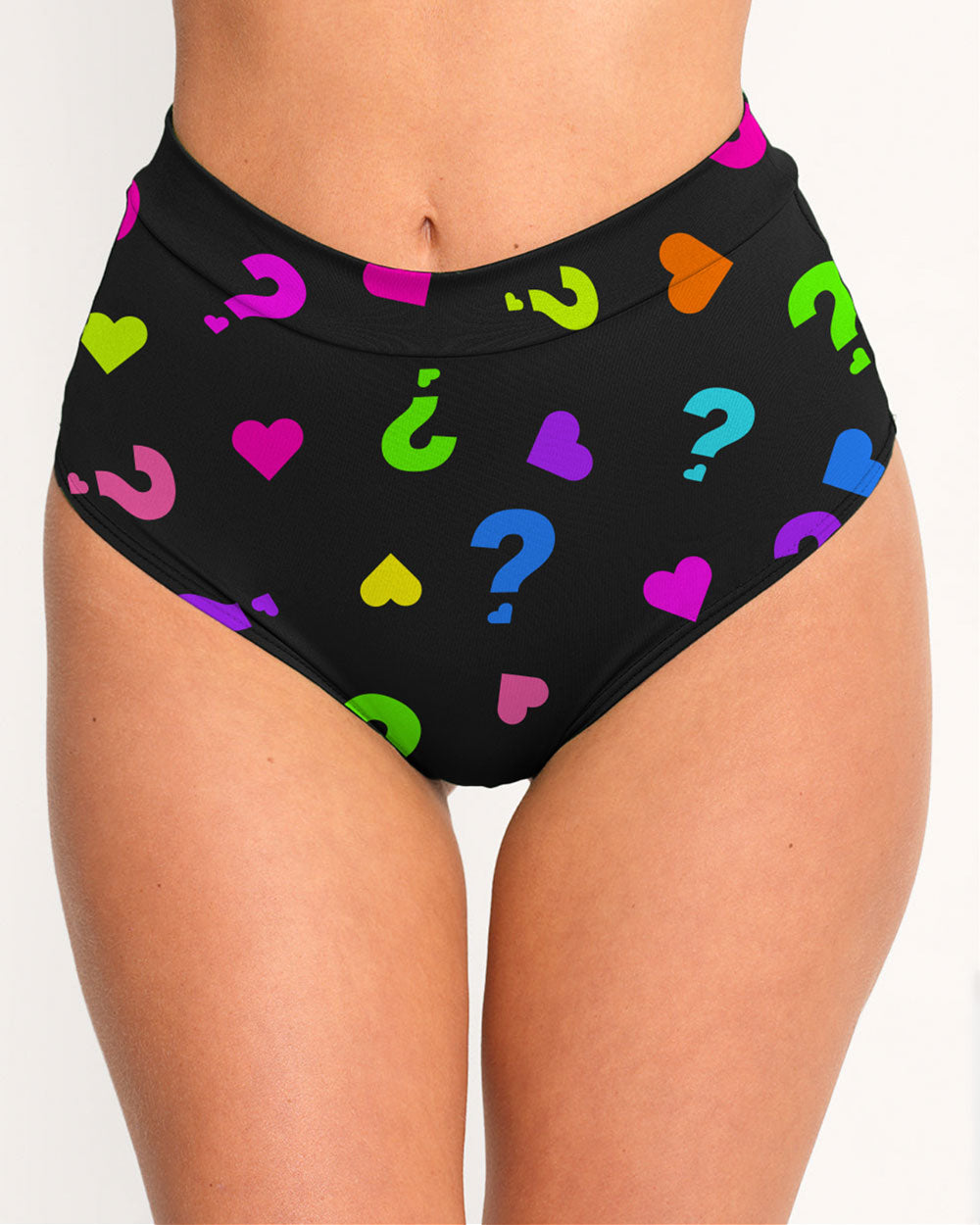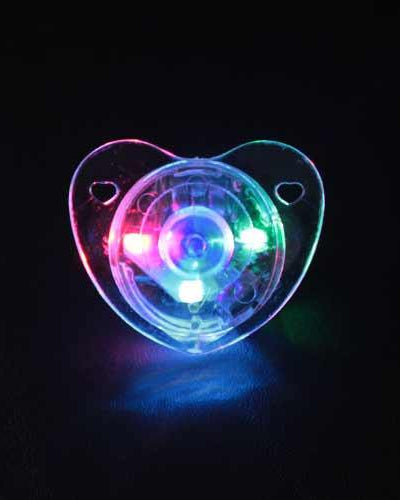If you’re reading this article, you’re probably a raver or at least enjoy house and techno. But how can we truly enjoy the music or at least appreciate it without understanding its origins? I mean it’s possible, I’ve done it for the past few years, but there’s something to be said about taking the time to understand all that went into the formation of certain genres and sounds.
From the art, to the fashion, to the music, it’s incredibly enlightening to take note of the historical context from which dance music stemmed. To celebrate Black History Month, we're talking about the parts of dance music that stem from Black communities around the world. This week, we're covering house and techno.
From Funk, to House, to Techno
The two most notable genres that came from Black America are definitely House and Techno, though those are not the only genres that came from Black communities around the world. As a shuffler, I’m a big fan of house music, which originated from disco and funk, and again, all tie back to Chicago, Detroit and New York in the 1970’s as part of an underground club culture that ran counter to the mainstream.
At the time, marginalized people from Latino and Black communities to members of the LGBTQ+ community needed a place to go to feel safe and welcomed in a social setting. For members of the LGBTQ+ community, the toll of the AIDS epidemic and the social stigma that came with it meant that there were few places that welcomed them.
Marginalized people started to flood these underground nightclubs that were spinning house and techno, finally finding a place to just BE themselves, let the music take over, and forget about the world for just a few hours—not unlike how we do today.
For marginalized people, or people ostracized by the stigma that came with the AIDS crisis (many of whom were people of color), dance music was more than a fun night out, it was a haven. In a 2016 essay titled "Artistic Resilience: The Black Gay DJ in the AIDS Crisis," author Kevin L. Tarver discusses the ways that being a Black, gay DJ in the '80s was a revolutionary act of love to the community.
The Black artists that pioneered the underground disco, house and techno clubs between the '70s and '90s paved the way for dance music as we know it today. Young, Black, gay men like Frankie Knuckles and Frederick Dunson were pioneering the movement, experiencing the freedom and the community of these secret, underground warehouse raves that brought so many walks of life together.
Commanding the decks at clubs in New York and Chicago, Knuckles and Dunson would break the molds in dance music by infusing different genres and breathing new life to old hits. They did so with advanced sound production equipment like the Roland 808 drum machine & the Roland TB-303. “The Warehouse,” a members-only Chicago nightclub owned by Robert Williams, credited as the birthplace of house (after which it was named). The venue was predominantly patronized by Black and Latino crowds.
Eventually these underground shows became wildly popular and, according to Mr. Williams in an interview with Splice, “membership grew, which was a good thing. It taught Chicagoans how to network interracially. The more you attended, the more you became part of a family,” Williams said. Dance music was community, and it was inclusive in ways that society was not.
Further East, sandwiched between the two powerhouse cities of Chicago and New York was Detroit doing it’s own thing with the birth of the underground techno scene. As the disco scene died out, the iconic trio known as the Belleville Three began to take the clubs by storm at the beginning of the '80s.
Kevin Saunderson, Derrick May, and Juan Atkins were three best friends who met when they attended Belleville High School and would eventually begin their own club - the Music Institute - where they would help bring about the next wave of techno producers from Detroit. It was an incredible time to be alive and one in which I definitely wish I could’ve lived.
Today
Fast forward to 2022 and now techno and house are simply dominating the festival circuit, with the likes of Gene Farris, Green Velvet, Honey Dijon and MK – to name a few. My personal favorite sub-genre, however, is the beautiful fusion of the two genres, otherwise known as Tech House.
It’s amazing to see how far house and techno have come, and how powerful music has always been in uniting people from all walks of life. I love hearing samples in songs where you can hear powerful sermons from black voices that are so inspiring and nostalgic, like in Disclosure’s ENERGY featuring Detroit born Eric Thomas, and in Malaa, Tchami & Bellecour’s Bylina, featuring Ron Caroll, also a Detroit native.
There is so much history behind how Black communities created many dance music genres, and it’s worth looking into! House and Techno are just two of the many genres that came from Black artists. In Europe, genres like dubstep, trap, grime, jungle, DnB, Bass and more stemmed from Black communities in cities around the UK and Europe.



